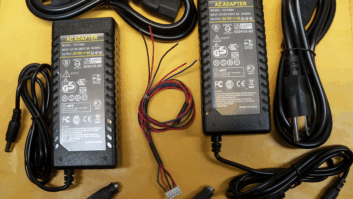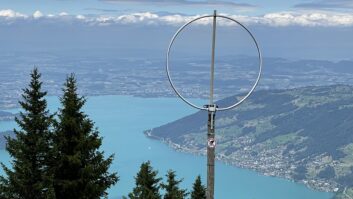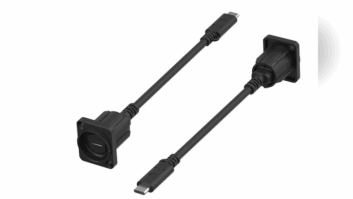When social anthropologists look back at our time in the drivers’ seat 100 years from now, the major changes they will see will not be political but, in the main, sociological and technological.
* Only ‘birth control,’ which changed the paradigm between the sexes …
* Artificial intelligence, where machines take over decision making …
* Our ability to destroy the world, if not through nuclear means than by any other number of mechanisms …
Only these probably will be considered of any import by our future critics. Anything else won’t get a paragraph. Just possibly, runner-ups might get a sentence or a footnote.
In the artificial intelligence category falls something like the ‘intelligent plug’ mentioned earlier here.
We always have to be careful that even the best ‘applications’ be considered original solutions or the first appearance of ‘big ideas.’ John LaGrou would like us to think that he has had ‘the big idea’ when in fact he has just developed a thoughtful application.
Smart controls have been with us for a long time … for example, the photocell has been turning on lights for years. In a general context, power management has been with us since the first power plant. Seemingly forever, they have been making virgin aluminum, a process that consumes tremendous electrical power, only at night in Canada when demand is down so as not to waste the hydro power that is constantly available and otherwise would go to waste.
Similarly, there was a period in the 1950s when municipal street lights were turned on by FM stations in sectors to avoid bottoming the power plant with the inrush current. On a more primitive level, when photocells were very expensive and iffy, these lights were carrier controlled and activated when daytime AM stations went off.
A few important details are being left out of this ‘intelligent plug’ presentation. What about AFCIs that detect arcing that leads to a fire potential … what about GFCIs, which monitor if the power is shorting off to ground somewhere downstream … what about child-proof outlets … all these are now doing much of what the smart outlet is supposed to do on a cost-effective basis.
Most important is: Will the technology be open standard or an Ibiquity-style cash machine for the inventors, where a requirement is made of a unique one-source innovation?
My extremely intelligent mother told me to beware of panaceas because there are none.
Finally, there is much waxing of the ability to control power usage. I am always a little concerned when I hear that concept because who gets control, who makes the decision, what are the decision criteria? Do we really need all these automatic and sophisticated schemes to protect us from ourselves?
About control: Anyone who has sat through a rolling blackout has lots of time to think about why his/her neighborhood got cut off for three hours through dinner time or the hottest part of the day while your ice cream melts in the freezer. If the control signal turns on the lower rate in your electric meter for charging your electric car overnight, that’s one thing. But if the technology can turn off your mother’s air conditioning in Miami in August when the computer shows that the last bill wasn’t paid on time, then I don’t like the control feature.
Education of use would be a lot wiser and cheaper and much faster to implement worldwide and accomplish much of the gain as described here.
For instance, few people know that it is against several electrical safety codes (not the NEC though, which doesn’t go into utilization equipment) to plug an ‘expansion adapter’ into another adapter. How often have you seen a plug strip plugged into a plug strip or a ‘splitter’ into another ‘splitter’?
We need to educate people about electrical use and misuse. Education, now followed complementally by a thoughtful open standard ‘smart system,’ should be our direction.







